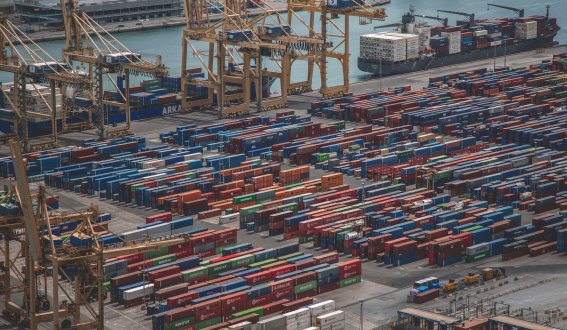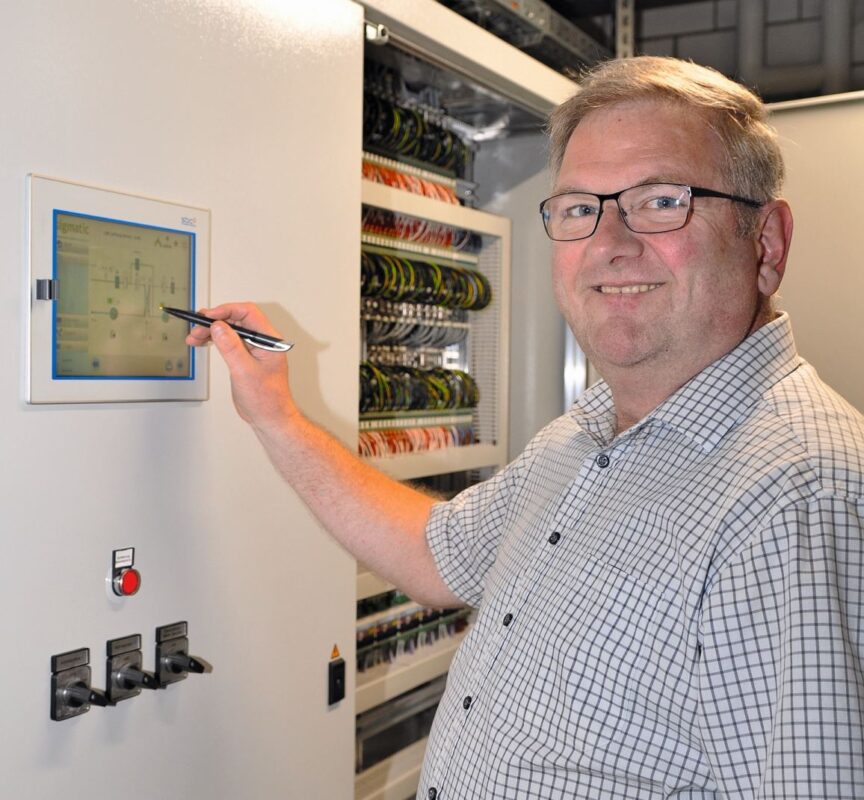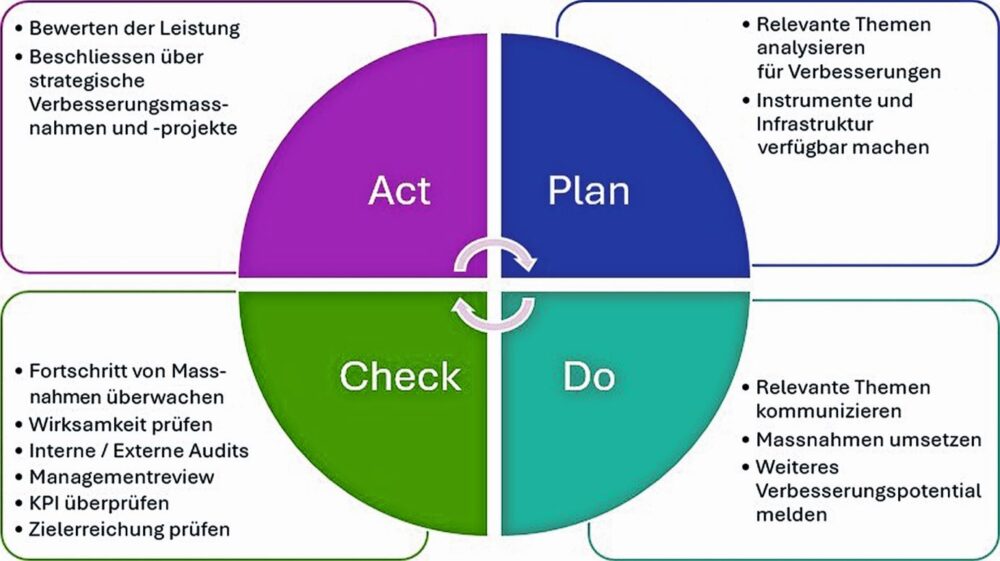Public procurement: More quality and sustainability
A paradigm shift is taking place in public procurement: in the new Federal Law on Public Procurement, quality and sustainability aspects are explicitly anchored alongside economic ones. At the same time, the requirements of the World Trade Organization (WTO) are taken into account. Parliament is thus strengthening Switzerland's position as a centre of industry.

When we talk about public procurement, we are talking about a market volume of over CHF 40 billion. The National Council and the Council of States spent almost two years negotiating the criteria according to which public contracts should be awarded.
As part of the total revision of the Federal Law on Public Procurement (BöB), Parliament has now clarified key aspects. Sustainability has been enshrined as a legal objective. Consequently, the consideration of applicable environmental protection provisions in the award procedure has been declared binding. Furthermore, several quality aspects have been added to the award criteria. In addition, in future the contract will be awarded to the "most advantageous" bid instead of the "most economically advantageous" bid, as was previously the case.
A law focused on quality
"The new procurement law strengthens quality competition and no longer focuses on the price war. This heralds a real paradigm shift in public procurement. For companies and public authorities, the starting position has changed: the new law strengthens the possibilities of assessing goods and services not only in terms of the purchase price - the costs can now be considered over the entire life cycle and any environmental costs can also be taken into account. This will stimulate and reward innovation," explains Martina Novak, Head of Policy at swisscleantech.
Public procurement has a major impact on the economy and trade. A quality-oriented law can make optimal use of this leverage effect.
"It is exciting that well-known trade associations representing important supplier interests have broken away from regulatory thinking and have set the course based on the long-term interests of their members. From bauenschweiz to Swiss Textiles, many associations have spoken out not only in favour of quality competition, but also in favour of sustainability as an award criterion. This was despite the fact that economiesuisse rejected the legislative objective of sustainability. However, these same players then did not hesitate for a moment to join economiesuisse, Swissmem and swisscleantech in advocating a strategy of open markets - also with a view to the interests of the export industry. The discussion on "purchasing power differentiation" remains a fly in the ointment. However, the conciliation conference has found a solution that makes it clear that Switzerland does not intend to evade its contractual obligations arising from WTO law and the bilateral procurement agreement with the EU. An important clarification!", says Marc Steiner, judge at the Federal Administrative Court and member of the swisscleantech Science Advisory Board.









